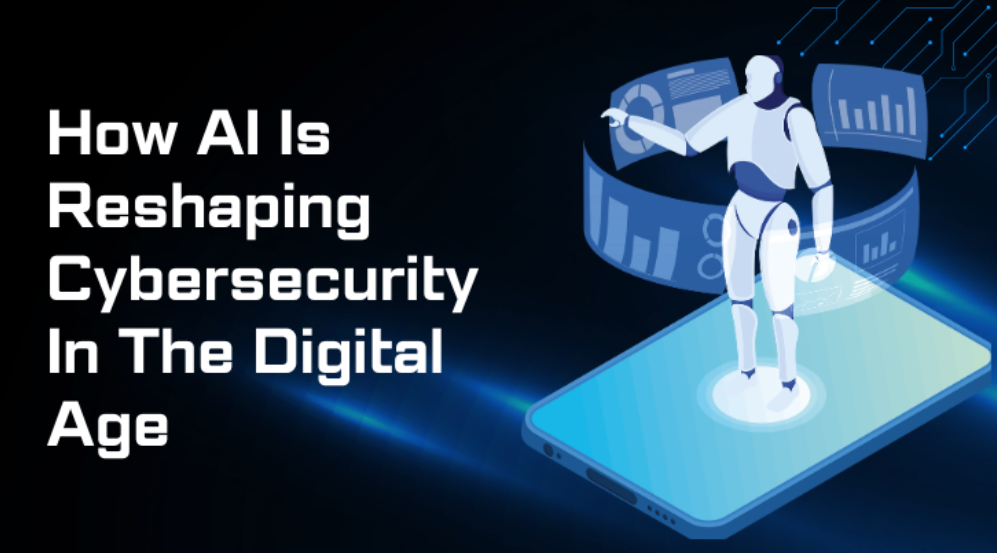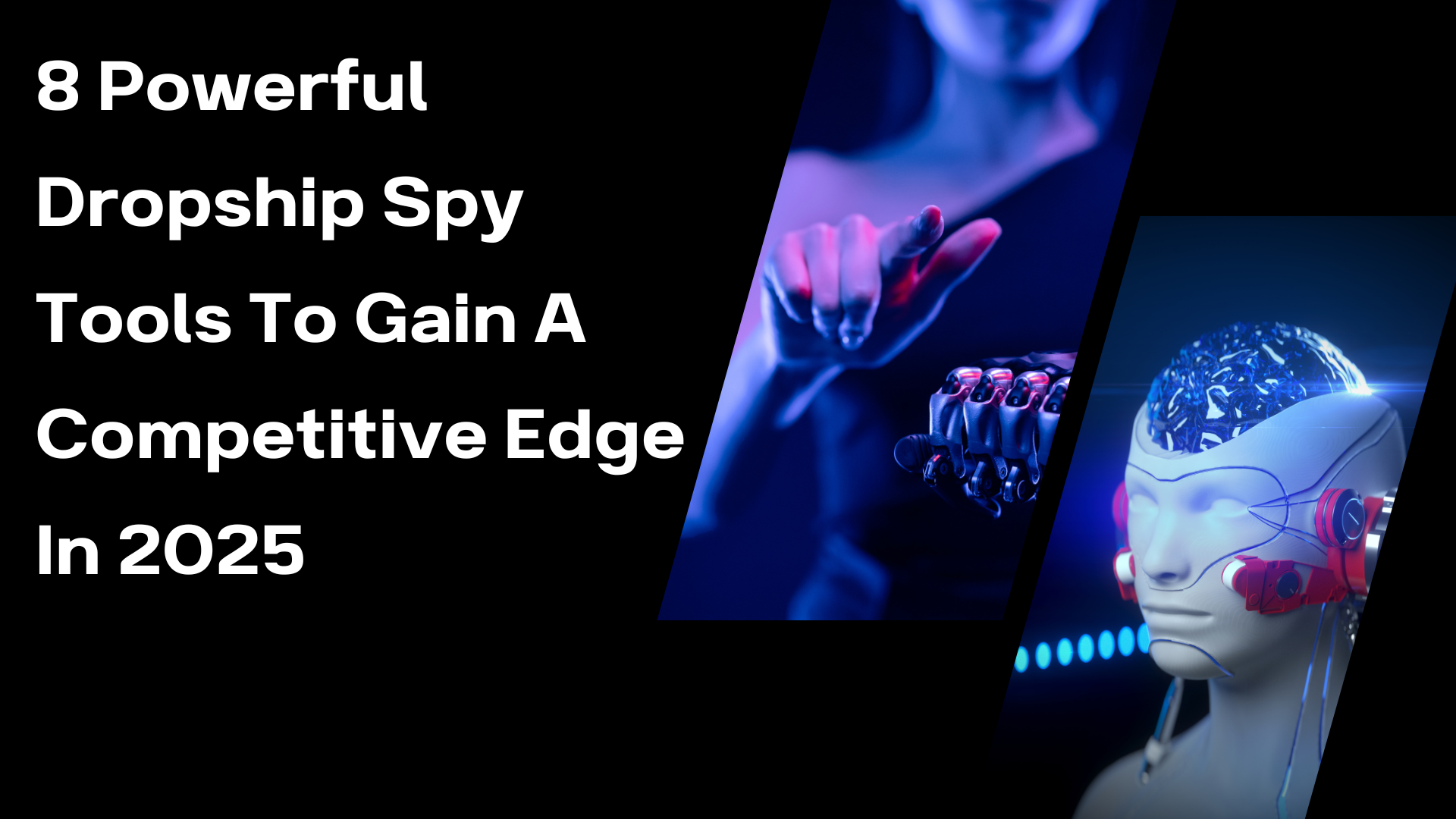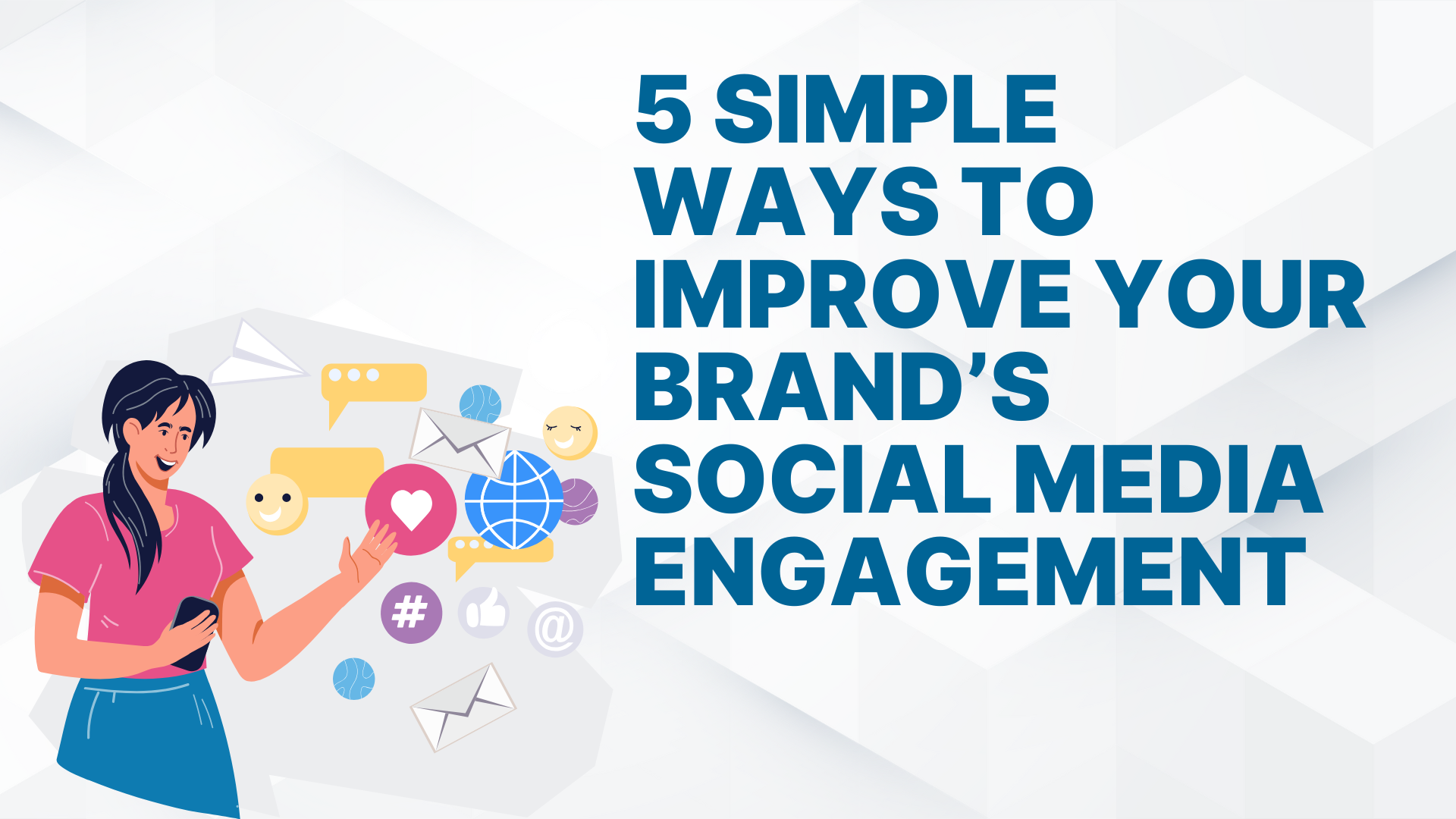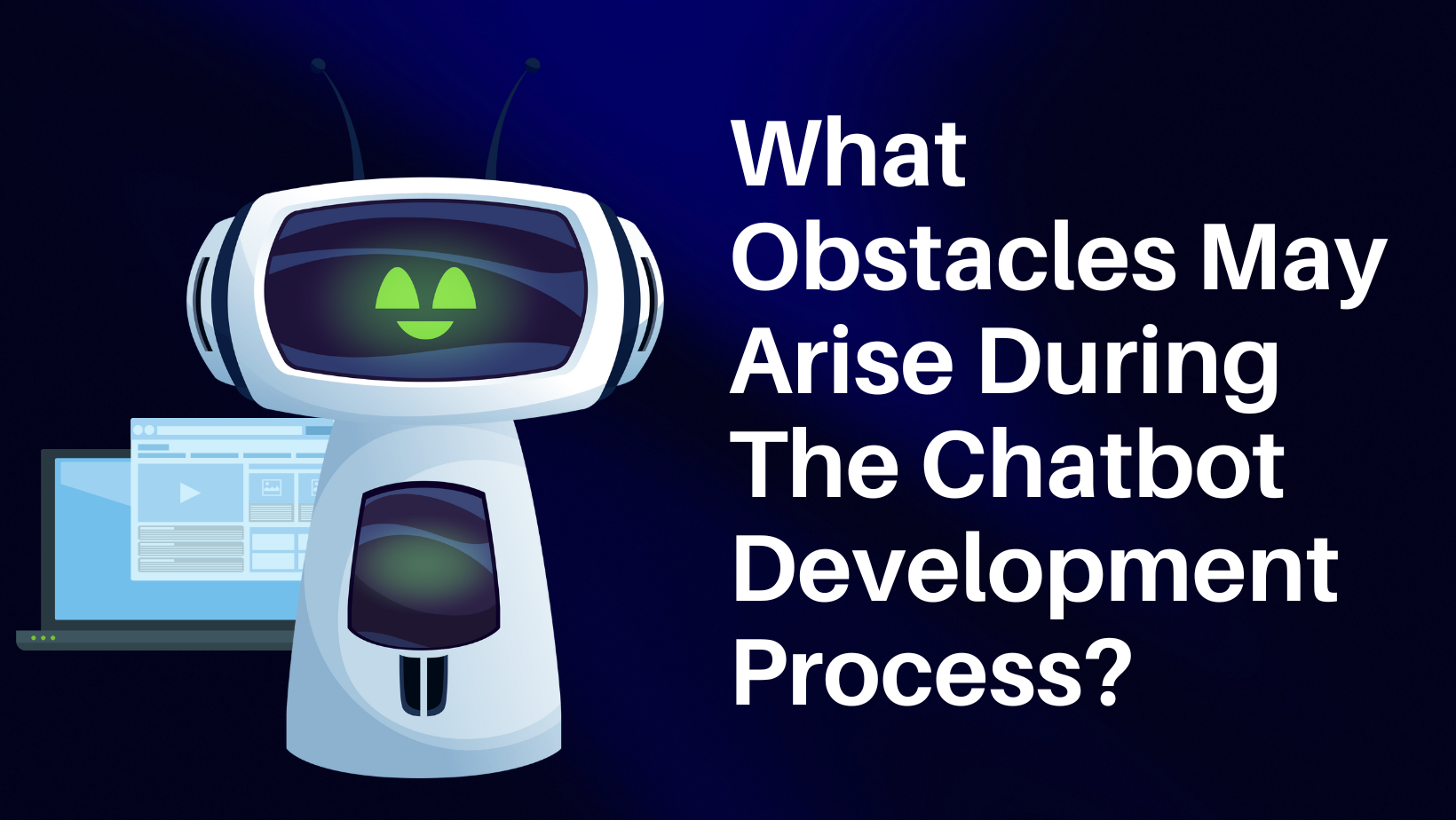Biometric authentication is rising as a substitute for in-person verification and fingerprint scanners. The world is moving towards total automation where everything is available online. But this also increased the risk of fraud, cybercrime, financial crimes, identity theft, etc. Banking and fintech industries are in a cut-throat competition but the risk of these frauds is equal for both the industries. Biometric authentication is gaining fame in this regard as it provides cover against these risks.
What is biometric verification
Biometric verification identifies and verifies the face, voice or retina of a person to authenticate his identity. Face verification is the commonly used and most authentic method, due to high accuracy in it.
It uses artificial intelligence and complex machine learning algorithms to detect and verify the unique facial features of a person. 3D depth perception detects the contour points of a person’s face and compares it with the benchmark image.
Liveness detection feature detects minor facial movements such as blinking of eye and smile. It ensures that a real person is making verification and photoshopped or paper-backed images are not used.
Face verification solutions are provided by companies that provide identity verification and biometric authentication services. These solutions can be integrated through an API and give a seamless customer experience as uploading a selfie for login or registration is not difficult.
How biometrics enhance online banking
Online banking is quite common these days. Due to huge growth in e-commerce industry and the rise of fintech offering online banking services is inevitable for banks. The banks are offering several online services, but they couldn’t overlook the significance of KYC and AML compliance.
Regulatory compliance
Online banking has its pros and cons, just like all other banking operations, the KYC process in online banking is also different from conventional banking. Biometric authentication helps banks practice robust customer screening measures without affecting customer experience. As regulatory compliance and customer satisfaction both are significant, it allows the banks to achieve both.
Biometric authentication helps banks in gaining a competitive edge
The banking industry was affected by the growth of the fintech industry that’s why banks provided online banking services. But it has increased the risk for them. Biometric verification of customers through video KYC provides a substitute for in-person customer screening. It allows the banks to overcome the competition coming from the fintech industry by providing online services with enhanced customer security. As people are comfortable with banks, they often choose banks over fintech.
How biometric authentication helps the fintech industry
Biometric verification has several benefits for the fintech industry. This new industry could not depend on manual customer due diligence processes, so biometric verification helps it practice better risk prevention.
Fintech industry also has some regulatory obligations and they need to verify their customers. As there is limited or no in-person interaction with customers, online biometric verification shares the compliance burden.
Fraud prevention
It allows them to onboard reliable customers, and to provide swift log in through face verification. As frauds and financial crimes are high in the fintech industry it is vital to verify the identity of customers, Often money launderers use this industry to transfer funds anonymously using stolen or fake identities. Face verification ensures that only legitimate entities are onboarded and allowed to make transactions or trade. Also, it collects and stores reliable information that can be used to track a customer in case of fraud.
Enhances credibility
It helps the industry gain credibility in the market. Customer prefers online platforms that provide seamless customer experience and security, biometric authentication provides both. The regulatory authorities such as FATF, FINTRAC, FINMA, etc are taking measures to bring the fintech industry under the scope of KYC and AML regulations implemented in the banking industry. So the Fintech companies that take necessary customer due diligence measures will be considered more credible and trustworthy as compared to those who overlook KYC.
To wrap up, banking and fintech industries are operating under alike consequences. Their customers, scope, market, regulatory obligations, and frauds are quite similar. So their risk prevention and customer security needs can be fulfilled through a solution that serves the needs of both the industries. Biometric authentication is the next generation solution for the banking and fintech industry.
















